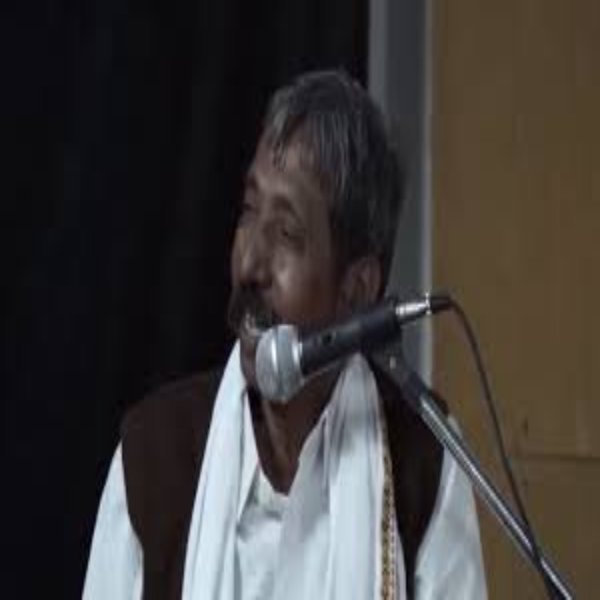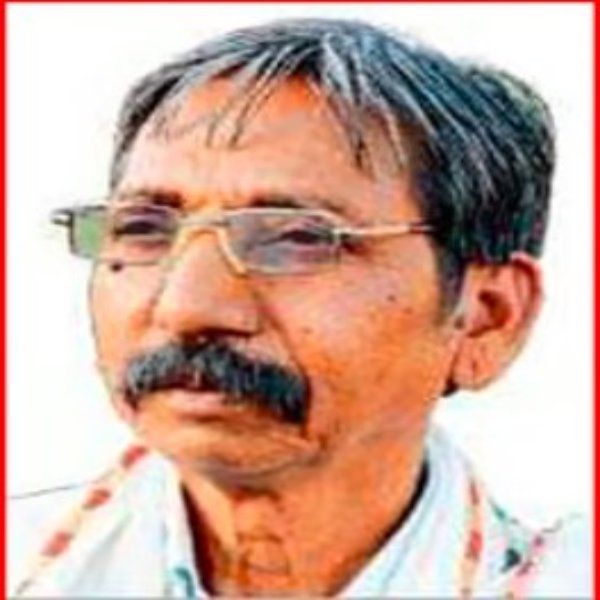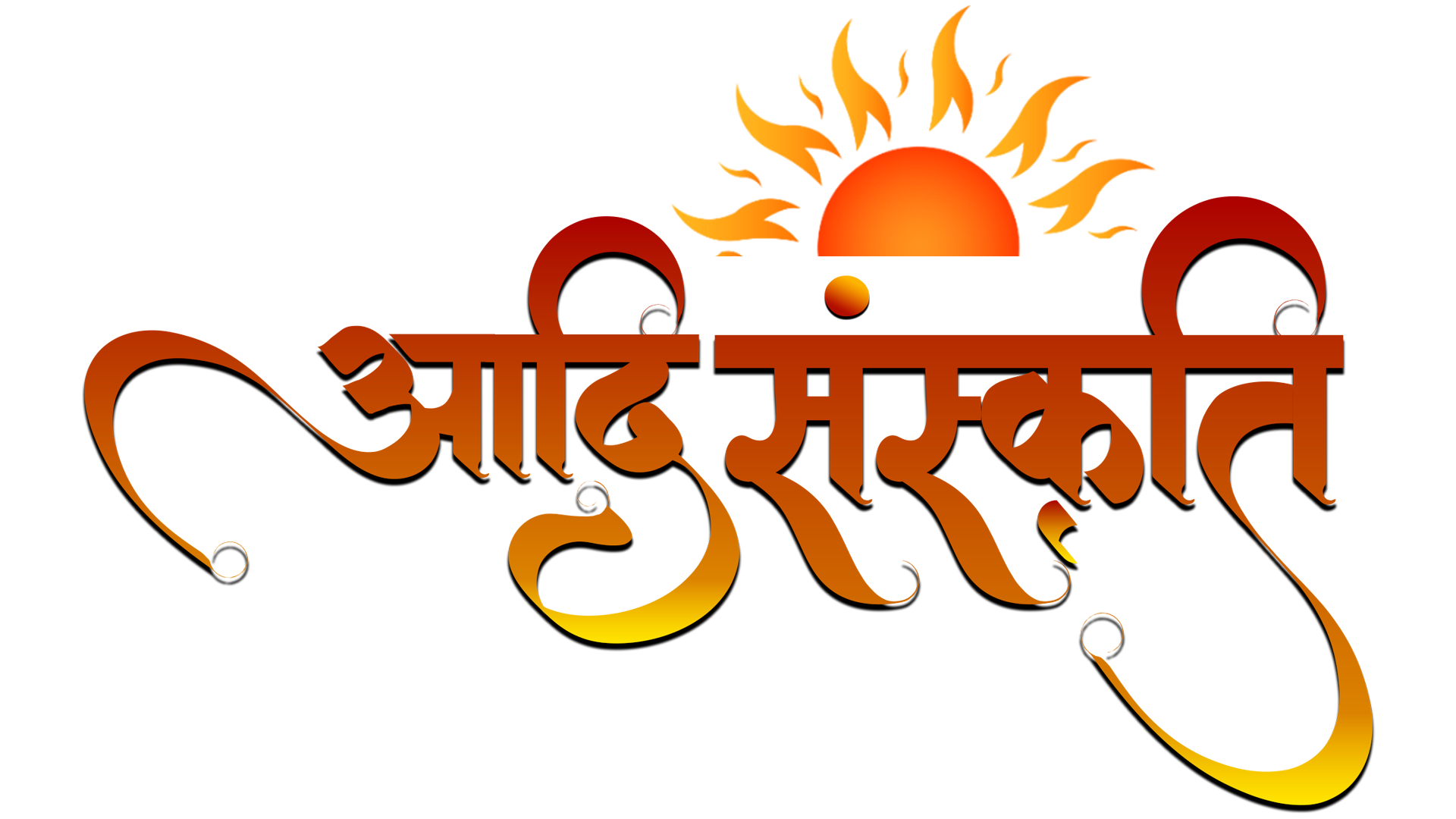
Themes
award winners
Waharu Sonwane , maharashtra

Waharu Sonwane, a renowned poet and social activist from the Bhil tribe in Maharashtra, has received multiple prestigious awards for his literary and social contributions. Notable recognitions include the Kusumagraj Award (1988), Yashwantrao Chavan Award (1989), and Adiwasi Sewak Award (2001-2002) for his work in poetry and community service. He has also been honored with the Bharat Adiwasi Sanman Purskar (2009), Jeevan Gaurav Award (2015), and Dr. Govind Gare State Level Tribal Literature Award (2015), among others.

Waharu Sonwane, born on August 6, 1950, in Nandurbar district, Maharashtra, is a prominent Bhil tribal figure. He holds a B.A. in Arts and has authored several works, including "Godhad" and "Rodali" Kavita Sangrah. Sonwane has held numerous significant positions, such as Vice Chairman of Adivasi Sahitya Parishad (1987), Chairman of Adivasi Sammelan (1990), and General Secretary of All India Sahitya Manch (2002). He is also a founding member of Adivasi Ekta Parishad (1992) and Vidrohi Sanskrutik Chalval (2015).

Waharu Sonwane, a Bhil tribe member from Maharashtra, is an influential literary figure. His poetry collection "Godhad" was included in the M.A. syllabus at North Maharashtra University and Sant Gadge Baba Amravati University. His works also feature in the M.A. syllabus at Gondwana University and Kumar Bharti book. Sonwane has written for prominent newspapers such as Lokmat, Maharashtra Times, and Deshdoot. He has lectured at institutions like JNU, Mumbai, and Pune, with broadcasts on Mumbai Akashvani and Doordarshan.

Waharu Sonwane’s awards have brought significant recognition to the Bhil tribe and their cultural achievements. His accolades highlight the intellectual and creative potential of tribal communities, challenging stereotypes. His work, included in academic syllabi, promotes tribal culture in the Indian literary scene. Through his leadership in literary conferences and social organizations, Waharu advocates for tribal rights and cultural preservation. His success inspires pride, fostering identity and empowering others in the Bhil and tribal communities.

